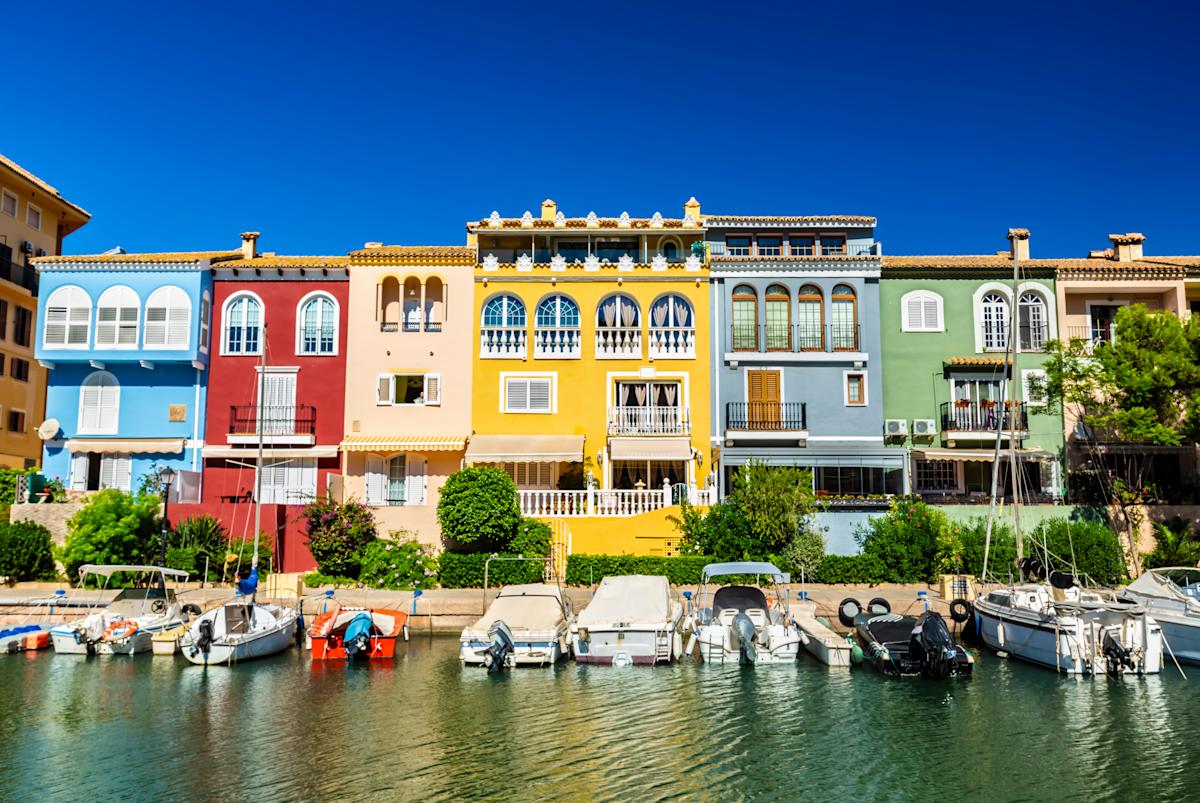Spain is the most popular international destination for British holidaymakers, with 18 million of us visiting the sunny nation in 2024.
However, those who have Airbnb bookings for the coming months may be startled to learn that Spain’s authorities have called for the removal of 66,000 short-term holiday listings on the grounds that they are in breach of tourist accommodation regulations.
So, what does this mean for already booked Airbnbs in Spain? We’ll get to that, but it’s useful to know why it’s happening…
Why are Airbnbs being targeted?
Numerous anti-tourism protests have taken place in Spain since 2024, following a growing housing affordability crisis.
Locals in places including Madrid and Barcelona have shone a spotlight on short-term holiday rentals – typically those in residential areas – claiming that the short-term rental market is pushing up housing prices.
“No more excuses. Enough with protecting those who make a business out of the right to housing in our country,” Spain’s consumer minister Pablo Bustinduy said to journalists following the Spanish court’s decision on delisting short-term rentals.
What did the recent ruling say?
Spain’s Consumer Rights Ministry opened an investigation into Airbnb last year, and Spanish courts have since deemed many listings to be illegal, claiming thousands of them do not openly show a tourism licence or registration number (at least one that is recognised by the authorities), or they do not show the legal status of the landlords.
The High Court of Justice in Madrid has ordered the immediate removal of 5,800 listings, and is promising two further phases totalling up to 66,000 listings.
The listings include whole properties only – individual room listings do not feature in the ban.
Airbnb claims that even this initial figure has been lowered to 4,984, after they flagged a number of instances where listings were in compliance with the applicable regulations.
Will my Airbnb holiday be affected this summer?
There will be no impact whatsoever on reservations for the summer in Spain, at least from Airbnb’s side. Meaning no cancelled plans and no compensation needed as a result of the recent ruling.
The online platform confirmed to Yahoo News that it would be appealing the decision and that it has no plans to take any listings down immediately.
“No evidence of rule-breaking by hosts has been put forward,” it said in a statement. “The decision goes against EU and Spanish law and a previous ruling by the Spanish Supreme Court.”


Airbnb policies have become more strict in certain places, including Amsterdam, Barcelona, Edinburgh and New York. (Getty)
Airbnb could also argue that it is a platform subject to the Digital Services Act, with no monitoring obligations. However, if it is asked to remove content by the Spanish Supreme Court, it would be required to do so.
It will likely argue that it’s not classified as a real estate provider, so displaying a registration number will lie with the final tourism service provider.
Will other booking sites be affected?
The Spanish National Statistics Institute (INE) counted more than 350,000 short-term rentals in Spain in 2024, which includes listings on sites Airbnb, Vrbo and Booking.com.
Only Airbnb has been targeted in the recent ruling.
Airbnb doesn’t only offer short-term rentals but also hotels, hostels, rural houses, bed and breakfasts and tourist apartments.
Will reducing short-term lets help the housing crisis?
There’s a growing resentment towards short-term lets worldwide, with many claiming that short-term rentals are affecting house prices.
Airbnb policies have become more strict in certain places, including Amsterdam, Barcelona, Edinburgh and New York, but Airbnb claims that since the new anti short-term rental regulations in these cities have been in effect there have been no major changes to accommodation availability.
“The solution is to build more homes – anything else is a distraction,” Airbnb said in a statement to Yahoo News. “Governments across the world are seeing that regulating Airbnb does not alleviate housing concerns or return homes to the market – it only hurts local families who rely on hosting to afford their homes and rising costs.”
According to Spain’s National Statistics Institute (INE) census in 2021, Spain has almost four million vacant homes that make up over 14% of Spain’s total housing stock.
“Millions of euros [are] taken from everyday hosts and small businesses, often to the benefit of large hotel chains,” Airbnb claims.
Read more:
